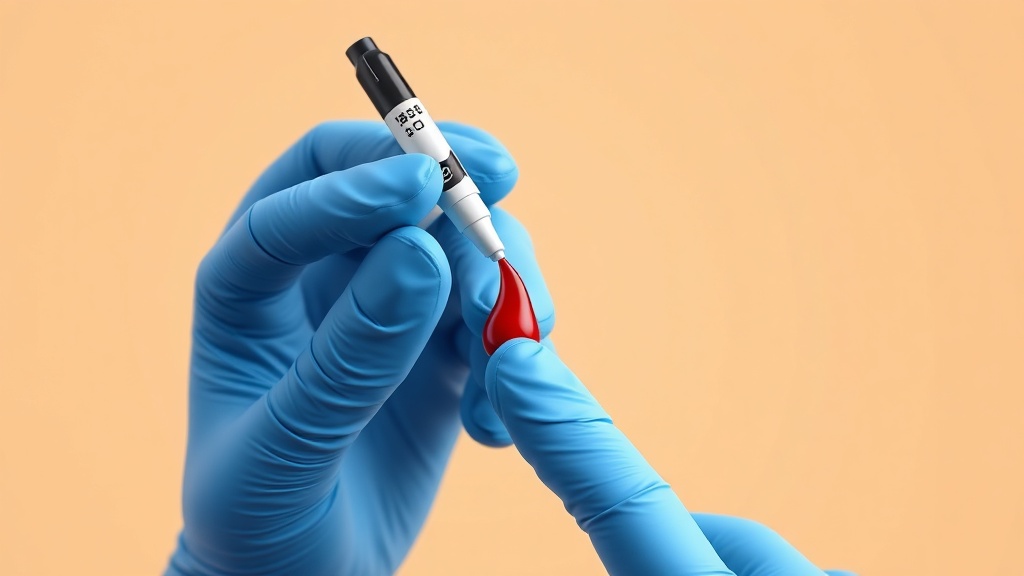Home / Health / Diabetes Driving Dilemma: Experts Warn of Increased Crash Risk
Diabetes Driving Dilemma: Experts Warn of Increased Crash Risk
15 Nov
Summary
- Diabetes can cause vision issues and cognitive impairment, affecting driving ability
- Diabetic eye conditions like retinopathy raise accident risk, especially in low light
- Diabetic drivers should get regular eye exams and monitor blood sugar levels

As of 2025-11-15T06:25:52+00:00, a recent study has found that diabetes increases the risk of car crashes, making patient-specific management crucial for diabetic drivers. Diabetes can affect vision in various ways, including causing blurry vision and making it difficult to focus on the road. Additionally, diabetes can interfere with brain alertness and focus, leading to lapses in attention or misjudgment during critical moments on the road.
Diabetic eye conditions like retinopathy, which damages the small blood vessels in the retina, can also raise the chances of road accidents. A person with untreated diabetic eye disease may not notice hazards on the road quickly enough, especially in low-light conditions or during sudden emergencies. To reduce the risk of vision-related accidents, experts recommend that diabetic individuals undergo comprehensive eye examinations at least once a year, with more frequent check-ups if they are already showing signs of eye disease.
Fluctuating blood sugar levels can also impact a diabetic driver's focus and reaction time. Low blood sugar can cause shakiness, confusion, and even loss of consciousness, while high blood sugar can make mental processing sluggish and slow down reflexes. Diabetic drivers should be mindful of these warning signs and take precautions, such as avoiding long trips on an empty stomach, keeping quick-acting glucose within reach, and using a continuous glucose monitor to detect changes before they become dangerous.

